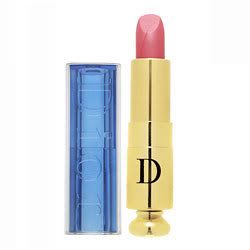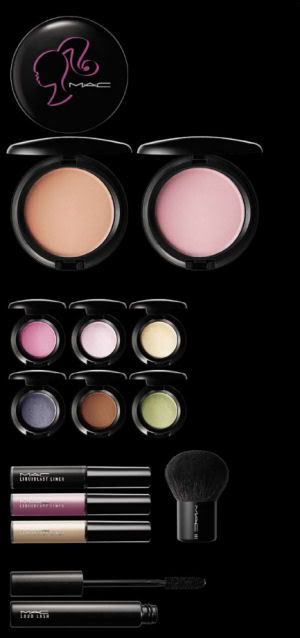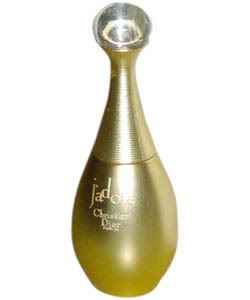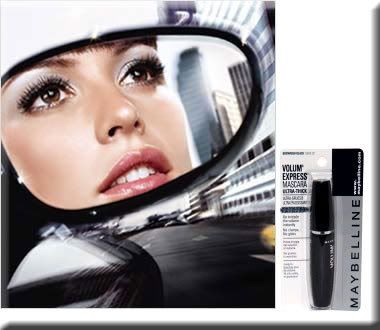Brain damaging habits
1. NO BREAKFAST.
People who do not take breakfast are going to have a lower blood sugar level. This leads to an insufficient supply of nutrients to the brain causingbrain degeneration.
2. OVEREATING
It causes hardening of the brain arteries, leading to a decrease in mental power.
3. SMOKING
It causes multiple brain shrinkage and may lead to Alzheimer disease.
4. HIGH SUGAR CONSUMPTION
Too much sugar will interrupt the absorption of proteins and nutrients causing malnutrition and may interfere with brain development.
5. AIR POLLUTION
The brain is the largest oxygen consumer in our body. Inhaling polluted airdecreases the supply of oxygen to the brain, bringing about a decrease in brain efficiency.
6. SLEEP DEPRIVATION
Sleep allows our brain to rest. Long term deprivation from sleep willaccelerate the death of brain cells.
7. HEAD COVERED WHILE SLEEPING
Sleeping with the head covered, increases the concentration of carbondioxide and decrease concentration of oxygen that may lead to braindamaging effects.
8. WORKING YOUR BRAIN DURING ILLNESS
Working hard or studying with sickness may lead to a decrease ineffectiveness of the brain as well as damage the brain.
9. LACKING OF STIMULATION THOUGHTS
Thinking is the best way to train our brain, lacking in brain stimulation thoughts may cause brain shrinkage.
10. TALKING RARELY
Intellectual conversations will promote the efficiency of the brain
























